The Goel’s share lessons from 30 years of nature-based living






In 1994, Dr Anurag Goel and Dr Sujata Goel who worked in a research lab in Delhi made a decision to trade the confines of urban Delhi life for Kodagu slowness. Heading towards South India, they landed on the piece of neglected land and decided to build it organically.
The Goels have established a model that integrates agroecology to preserve the local flora and fauna. They are focused on growing coffee and nurturing the space organically to minimise harm to the land and ecosystem, both of which are currently at risk from chemical fertilisers.
We visited their farm in Madikeri to learn about the insights and experiences they've gathered over the past three decades.
Experience with ecology
You’ve been here for 30 years, but that wasn’t the initial plan. How has the experience of living with nature been, as researchers, as farmers, and as a couple?
Anurag: The first few years were tough. We didn’t know a single person in South India—we just came and settled. We started in a rented place before finding this land. Initially, we wanted a place with a house to make the move easier. But when we saw the wilderness and streams, we fell in love with this place, even though it had no infrastructure.
The first 5-7 years were challenging, especially financially. When you buy land, you have to survive off it. There was a small amount of income from cardamom growing here, which we replanted and supplemented with other crops. We introduced vanilla and diversified as much as we could while preserving the canopy, which was our goal—to find a balance between nature and agriculture.
Sujata: Being lab people, we faced many challenges. We knew nothing about growing cardamom, coffee, or pepper. Our focus was on species that thrive under rainforest canopies. We did a crash course with two excellent scientists from the Indian Institute of Spice Research. We toured Coorg, observing both the best and worst plantations, to understand how these crops are cultivated.
Wherever we went, they recommended numerous applications of pesticides and fungicides, warning that otherwise, we wouldn’t have a crop at the end of the season.
At first, we followed existing practices, but we soon realised that the beauty and fragility of this landscape were being destroyed by the agrochemicals being pumped into the fields. That’s when our journey took a turn towards organic farming.
- Dr Sujata Goel
Anurag: Ironically, the scientists who initially told us that organic farming wouldn’t work for cardamom or coffee are now promoting it. We’ve proven it’s possible, and others are doing it too.
Were you afraid to make the big move?
Anurag: I wasn’t afraid of nature. In fact, I find city life, especially in Delhi, more intimidating. People are much more difficult to deal with. Also, you don't have a lot of crime here.
The more you interact with nature, the more familiar and less threatening it becomes. You realise that you’re more of a threat to wildlife than it is to you.
Sujata: Wildlife is smarter than us. They move away at night. We often take night walks, but wildlife isn’t always easy to spot because of our vibrations. We’ve never had accidents except when our dog once stuck his head into a porcupine den and got quills in his face. It’s rare, but we’ve never had any serious mishaps.

Has living close to nature changed your perception of life and how you interact with people?
Anurag: In some ways, people are antithetical to nature. Nature is harmonious, but people are complex, with intricate social structures and interactions.
Sujata: You become more accepting of things as they are. Initially, we tried to change things or make them more efficient. But over time, you realise that some things you can change, while others you must accept and deal with the consequences.
What’s the difference between organic farming and ecological farming?
Anurag: Organic farming typically involves open fields and the use of manure. Ecological farming, or agroecology, is more about fitting into a forest-like environment. You’re trying to harmonise with nature, whereas organic farming involves ploughing fields and adding compost in a more conventional setting.
Sujata: There are many approaches to moving away from conventional, chemical farming, all initially lumped under organic farming. But there are various dimensions, like biodynamic and natural farming, all focused on sustainability. Ecology comes into play when you align farming practices with natural cycles.
What changes have you noticed over the years?
Anurag: We’ve allowed our forests and canopies to grow back, and as a result, we’ve noticed an increase in biodiversity. For example, there are now hundreds of Malabar gliding frogs and small gliding frogs living in the area, when before we would only see one or two at a time. We even built a tank near the house to help them grow and thrive.
The canopy cover has helped attract birds to our area, and we’re seeing more small animals like barking deer. This is likely because hunting isn’t as common anymore since young people have moved to cities and have less time for it.
But in the last 10 years, I’ve noticed a drastic decline in insects. In the past, we couldn’t leave the windows open because so many insects would fly in. Now, we can leave the door open all night and only a few insects will come in.
I've noticed that the resident birds have increased, but I see fewer of the local migratory ones. For example, birds like the paradise flycatcher and the golden orioles. Several species used to come to this region after the monsoons and leave before the next monsoons, but now there are far fewer. I think there's a decline in the bird population overall in India.

Sujata: One thing we've done is to leave some areas around guest houses more natural, letting native plants like Anthuriums grow. This keeps the landscaping low-maintenance and supports local biodiversity, which people can see up close near their residencies.
Anurag: We're also seeing changes related to climate change. Trees that used to flower at certain times are now off by a couple of months. For example, our avocado trees usually flower in October or November, but this year, they’re flowering a few months later. These might seem like small changes, but they could lead to bigger problems.
On sustainability
People often think that organic farming is just a hobby for the rich—something you do when you have other income and want to eat healthy. Is organic farming really viable?
Anurag: This perception exists because there hasn’t been much research on organic farming in the last 50-100 years. Organic farming is better for the soil and more sustainable in the long run. Conventional farming, on the other hand, focuses on short-term goals and harms the soil and environment—just look at what happened in Punjab.
People are finding innovative ways to make organic farming viable. If you decide to switch to organic farming and just stop using urea without making other changes, your yields will drop, and you could face financial problems.

During the transition, you need to replace urea with compost, cow urine, cow dung, and other preparations like jeevamrut to feed the plants. All plants need the same nutrients, like nitrogen and minerals. The old perception of organic farming is wrong, and it's changing now.
Sujata: Over the years, we’ve visited many farms, not just in our country but around the world, and we’ve never seen an organic farm with poor yields. The crops are always abundant, whether it's in the UK, South America, Africa, or India. Organic farmers never complain about their yields—they only deal with challenges from extreme weather, which can affect the harvest. But that’s something we just have to live with.
One way to handle this is by diversifying crops to make farming more economically viable. Our farm is small, so to add value, we don't just sell our products as raw goods. If we grow coffee, we roast it and sell it as beans or powder. For cardamom, we grade, clean, and package it before selling. It takes a bit more work, but the added value makes up for the extra effort in terms of income.

I read in your book that animal husbandry is key to making organic farming sustainable. Can you explain why and what else can help?
Anurag: To have a successful organic farm, animals are essential because they complete the natural cycle. Animals like cows provide dung and urine, which are sources of nitrogen. Otherwise, you'd need to bring that in from outside. We keep cows and goats, and we used to have chickens, too, because their manure is also great.
Sujata: We have high-quality cow dung, which goes through our biogas composting system to make our own compost. It’s rich and smells pleasant, and that’s what we use to feed our plants. In the past, small farms always included some form of animal husbandry, but maintaining livestock is difficult, so many farms have moved away from it.
Can you share a couple of things you've learned here?
Anurag: One thing I've learned is about Trichoderma, a beneficial fungus that naturally exists in soils and helps fight pests. If you use fungicides, you kill Trichoderma, and when you spray pesticides, you kill everything in the soil. Once people realised how helpful Trichoderma is, they started growing and adding it to their farms. There's also another fungus called Beauveria that attacks insect pests. I once saw a large Hawk Moth with Beauveria growing on it. This fungus can break down insects and act as a natural pest repellent.
Sujata: There are many examples like this when you go into the biology of these systems. For instance, there are saprophytes, fungi that grow on decaying matter. They secrete enzymes that rapidly break down organic matter, sometimes overnight, making nutrients and minerals more available to plants.
We clear weeds only near cardamom or coffee plants but leave the rest. We don't uproot them; we just slash them so their roots stay intact. These roots provide biomass and host natural microbes like fungi and bacteria that break down organic matter and return it to the soil.
The entire ion exchange capacity, the nutrient availability, goes high. Just look at a forest—there’s no input from us, yet the trees are massive. How do they thrive? The ecosystem already has everything in place. Our goal is to fit our agriculture into this natural system, allowing us to be productive in a sustainable way.
Our goal is to fit our agriculture into this natural system, allowing us to be productive in a sustainable way.
- Dr Sujata Goel
Takeaway
What key message do you want to leave with others?
Anurag: When individuals and groups come together, it’s much more rewarding. Otherwise, it's a constant struggle. Organic farmers don't get subsidies, while conventional farming does.
Sujata: It's crucial for organic farmers to build a network because we’re still a minority. People need to understand the importance of eliminating chemicals—they're harmful to wildlife and to us.
Many large-scale chemical farmers keep a small portion of their land organic for their own use, while the rest, grown conventionally, goes to market. I question their ethics, but people do what they feel they need to do. They know chemicals are a health risk, but unless a whole area commits to going chemical-free, toxins will keep spreading.
We’re fortunate that large-scale chemical farming hasn’t taken over here. Agrochemical use is minimal, with urea being the only exception in some conventional farms. Pesticides and fungicides are rarely used here, even during the monsoon season.
But heavy rainfall presents its own challenges. So, I ask you and anyone listening—what will it take for people to stop using toxins? Working together is crucial; nothing works in isolation.
We have the resources to spark a mass movement, but it needs to start with consumers. When they begin demanding better, cleaner food, change will follow. Unfortunately, most government policies seem focused on helping corporations take over agriculture, and that’s the sad truth.
(Image Credits: Sreejith M, Nevin T, Harshith V)
Explore other topics
References


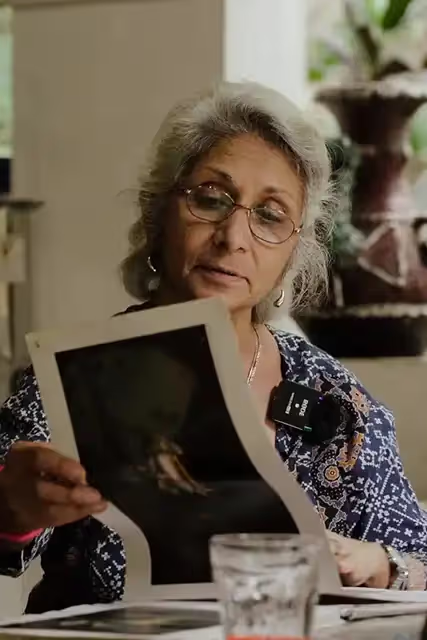




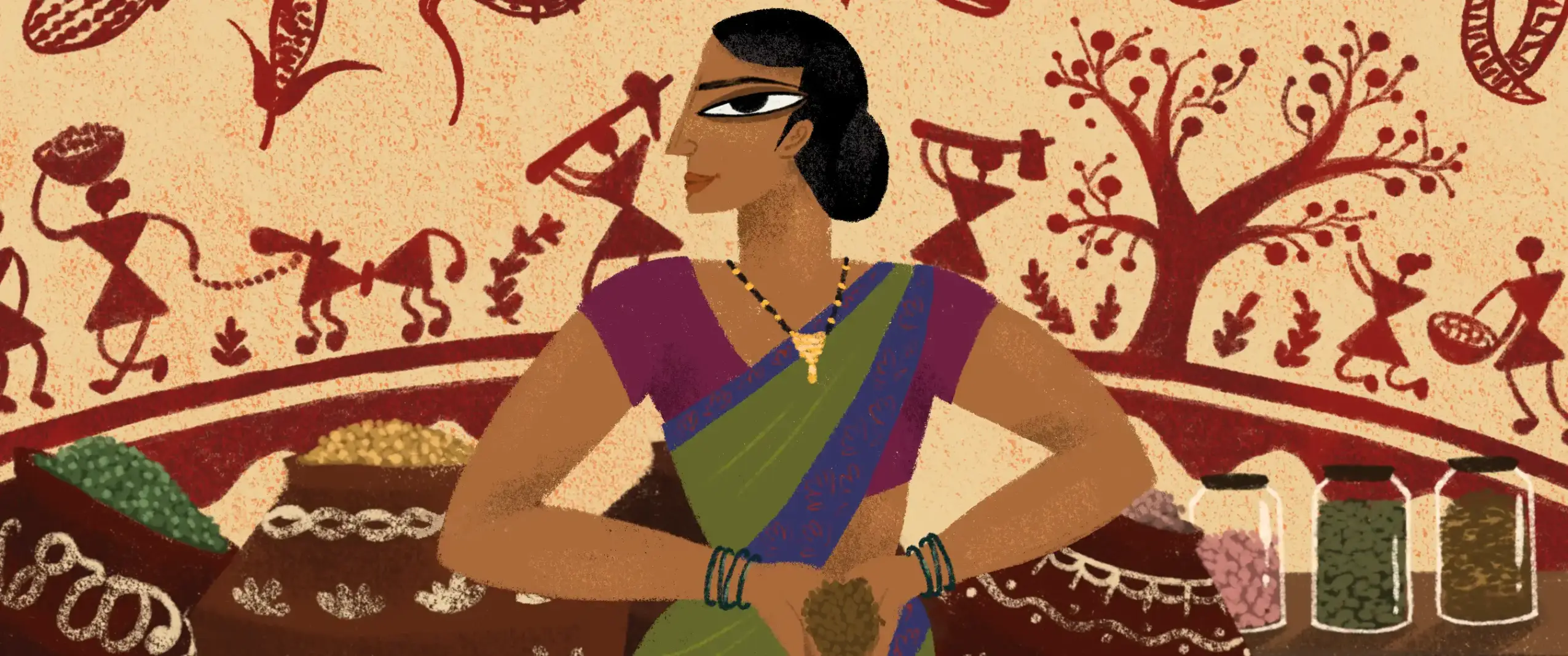
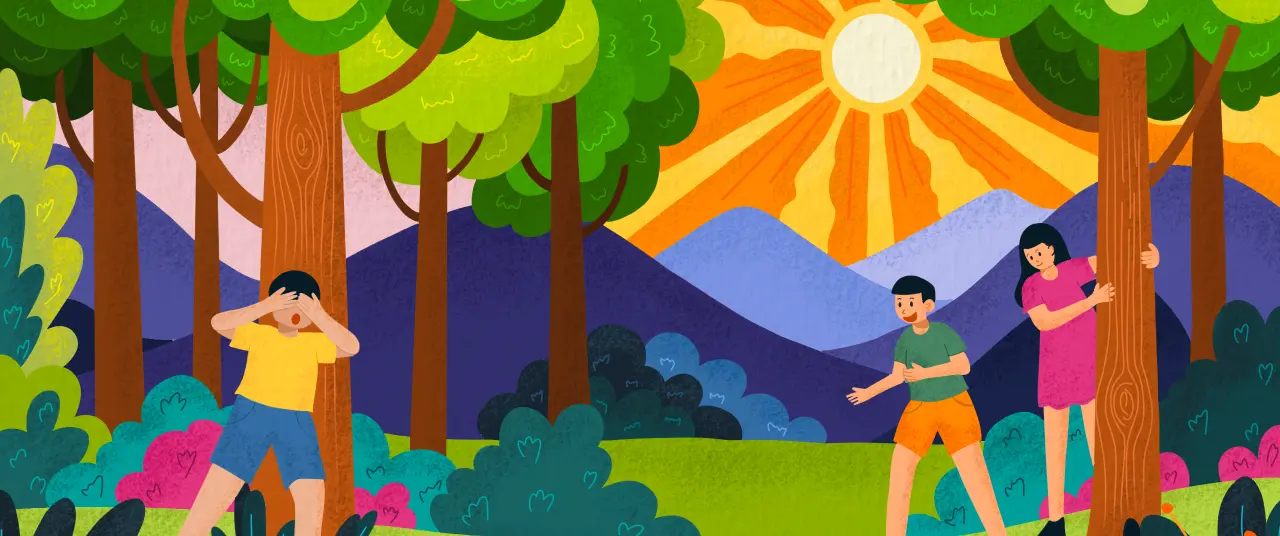
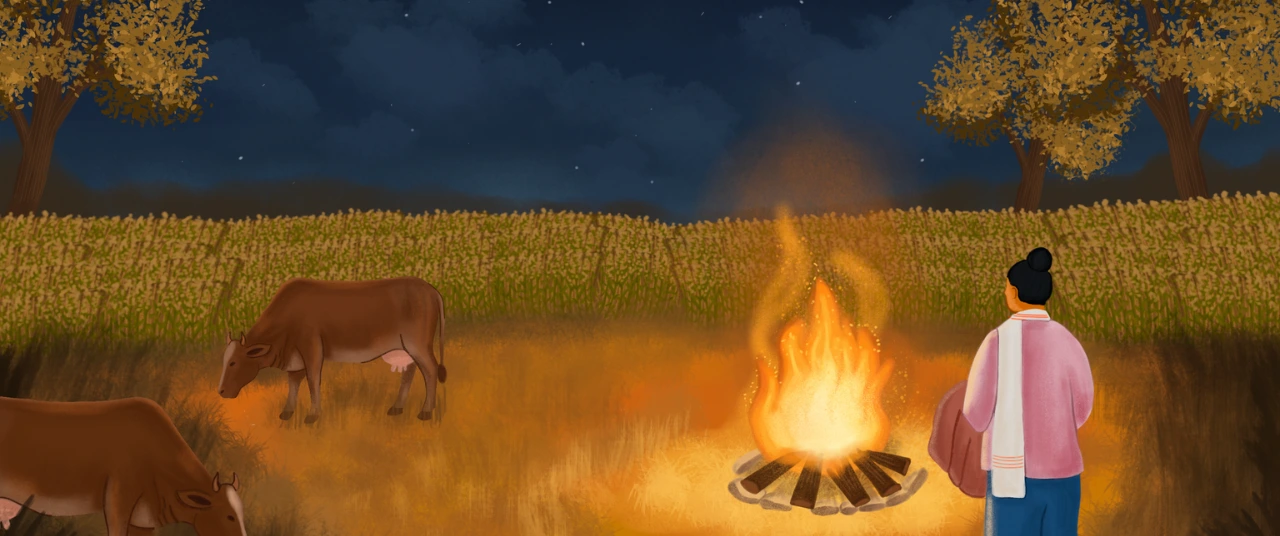
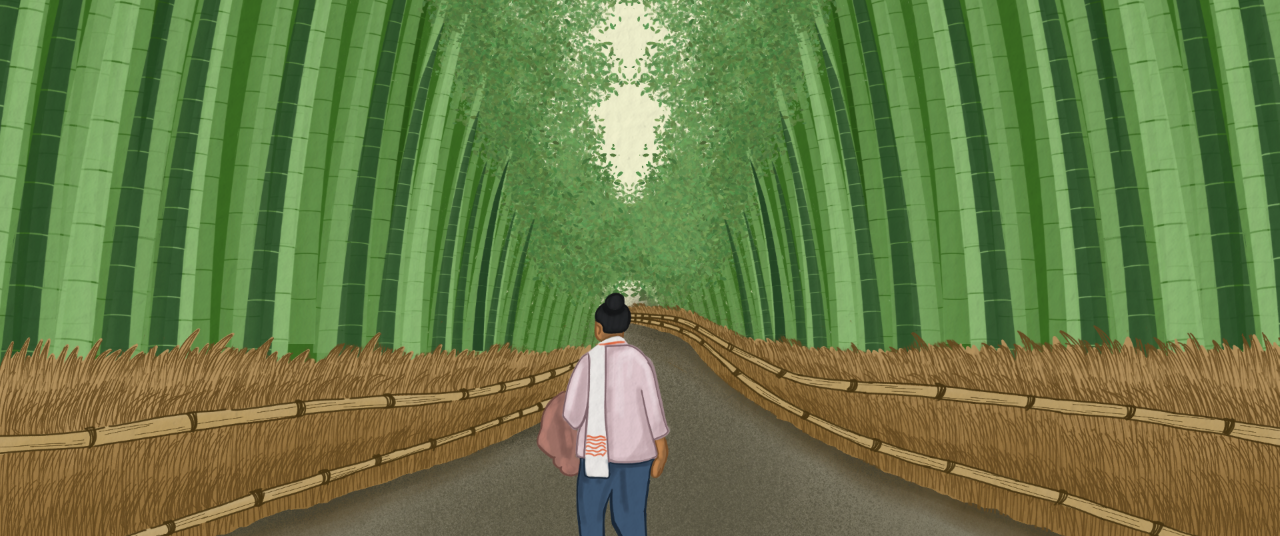
.png)